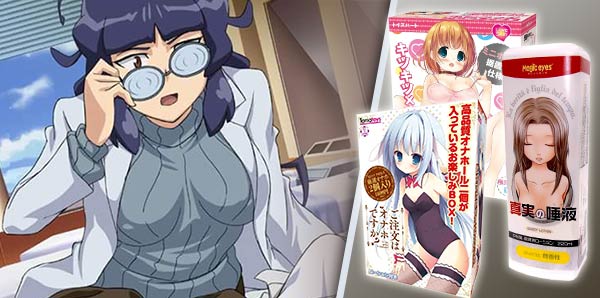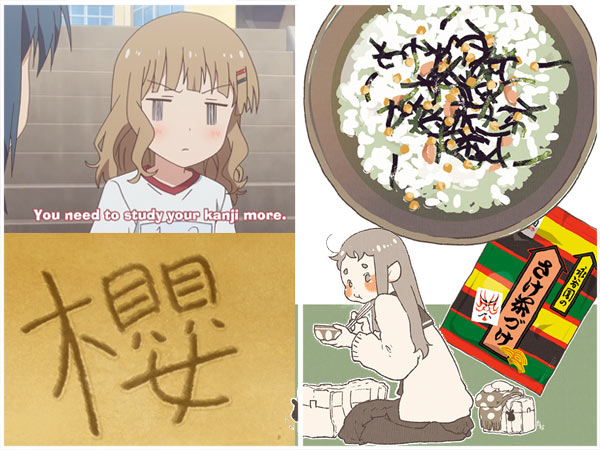Though I enjoy living in Japan, there are some downsides, too. Being cold in the winter because houses here lack central heating. Learning to keep calm during earthquakes. Paying $35 for a large pizza because it’s considered an “exotic” food here, like sushi in the U.S. is. Then there’s that “living next to the most psychotic country in the world” thing…
North Korea is definitely one of the least fun nations to live next to. They shoot missiles, I mean “peaceful satellites,” over the Japanese mainland, and from 1977 to 1983 kidnapped a dozen Japanese citizens to serve as language teachers to spies, including a 13-year-old girl named Megumi Yokota. North Korea’s state-run industries include manufacturing amphetamines for smuggling into Japan and counterfeiting Japanese yen and U.S. dollars on a massive scale. Recently North Korea has been exporting something new: “ghost ships” full of dead fisherman, which drift into Japanese waters weeks or months after their occupants die of exposure. While you might think of North Koreans as not being a part of daily life in Japan, I used to see them every day back when I was a teacher, thanks to the high number of North Koreans in J-List’s home prefecture of Gunma — I even had a few as students. These are people born in and often largely acculturated to Japan, but who maintain North Korean citizenship for historical or cultural reasons that are probably beyond our ability to comprehend.
Coming to live in Japan means remapping some of the English words in your brain to fit the way the Japanese use them. Sometimes it’s little things, like the way “juice” is used to refer to any canned or bottled drink including tea or cola, or a winter scarf being called a “muffler,” or the way a “bike” always refers to a motorcycle and never to a bicycle, as it might in my own dialect of English (California). If you’re hungry, have a “sand” (what sandwich is often shortened to) or perhaps some “ice” (ice cream), and if you work very hard you might be able to buy a “mansion” (a high-end condominium that’s owned rather than rented). In some cases words may seem odd to Americans because they were brought over from England, such as a sedan being referred to as a “saloon” or way a bathroom/restroom is referred to rather directly as “the toilet.” The Japanese famously use the word pantsu to mean underwear rather than its North American meaning of external trousers, also.

J-List is having an awesome EMS sale this month, with $25 taken off your order when you buy $100 or more and choose speedy, fully trackable EMS as your shipping method. You can choose from awesome Japanese snacks, amazing cosplay and apparel items, or go for some of J-List’s world-famous “naughty” products, which are all part of the sale.
















